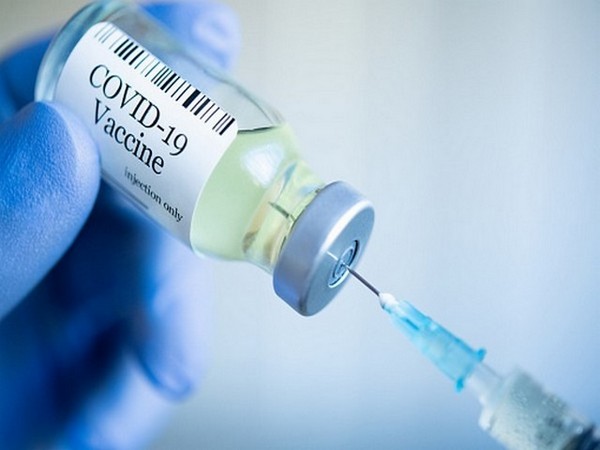Indonesian sales of Chinese vaccines to public postponed amid criticism
An Indonesian pharmaceutical firm has postponed a plan to sell a Chinese COVID-19 vaccine directly to the public, amid criticism by health experts that such commercial schemes could bypass vulnerable groups in a country that promised free shots to all. The decision came as coronavirus cases and deaths from the virus have hit record highs, pushing the healthcare system close to breaking point in parts of densely populated Java island.

- Country:
- Indonesia
An Indonesian pharmaceutical firm has postponed a plan to sell a Chinese COVID-19 vaccine directly to the public, amid criticism by health experts that such commercial schemes could bypass vulnerable groups in a country that promised free shots to all.
The decision came as coronavirus cases and deaths from the virus have hit record highs, pushing the healthcare system close to breaking point in parts of densely populated Java island. State-owned pharmaceutical company Kimia Farma said on Monday it had put the scheme to sell the Sinopharm vaccine on hold to allow more time to explain it to the public.
"For the time being we have postponed it after it generated a lot of interest," said Novia Valentina, a spokeswoman for Kimia Farma Apotek, a subsidiary of the state-owned firm. The company previously said the scheme, which intended to sell the vaccine at pharmacies for 879,140 rupiahs ($60.53) for two doses, would help "accelerate herd immunity".
But health experts have said the priority should be for free vaccines going to all vulnerable groups. "Later if vaccines are in bountiful supply, maybe then there could be an option for paid vaccines, but not now," said Diah Saminarsih, a senior adviser to the Director-General of the World Health Organization.
The Sinopharm vaccine is already available in Indonesia through a program that allows private firms to purchase vaccines for employees. Budi Gunadi Sadikin, Indonesia's health minister, said on Monday extending it to individuals was because some companies were unable to purchase shots for staff, adding it could go ahead once there was a sufficient supply of free vaccines.
JAKARTA STUDY INDICATES FAR MORE INFECTIONS After tougher coronavirus restrictions were imposed this month, Indonesia's central bank on Monday slashed its forecast for 2021 economic growth to 3.8% from a previous forecast of 4.6%. Indonesia has recorded more than 2.5 million coronavirus cases and 64,000 deaths in total from respiratory disease, one of the worst outbreaks in Asia.
After reporting more than 30,000 infections daily since July 6, senior minister Luhut Binsar Pandjaitan said that cases should drop next week, citing reduced mobility after movement restrictions. Nonetheless, some public health experts believe the scale of the outbreak is vastly underestimated.
A serological study released at the weekend by Jakarta's government found 44.5%, or 4.7 million, of the city's population of 10.6 million had COVID-19 antibodies this March. That compared with only 8.1% of cases that had been confirmed, with most likely to be asymptomatic, according to the study conducted in conjunction with the University of Indonesia, the Eijkman Institute, and CDC Indonesia. ($1 = 14,525.0000 rupiah)
(This story has not been edited by Devdiscourse staff and is auto-generated from a syndicated feed.)
ALSO READ
GLOBAL MARKETS-Asian shares fall on global rate scare, yen plumbs 34-yr low
Asian Development Bank ups India's GDP growth forecast to 7 pc for this fiscal from 6.7 pc estimated in December last year.
GLOBAL MARKETS-Asian shares fall on U.S. rate scare, yen plumbs 34-yr low
Asian Games medallist Jyothi Yarraji to train in Spain ahead of new season, Olympics
Asian Games medallist Jyothi Yarraji to head to Spain as MOC approves foreign training plan for multiple TOPS athletes










